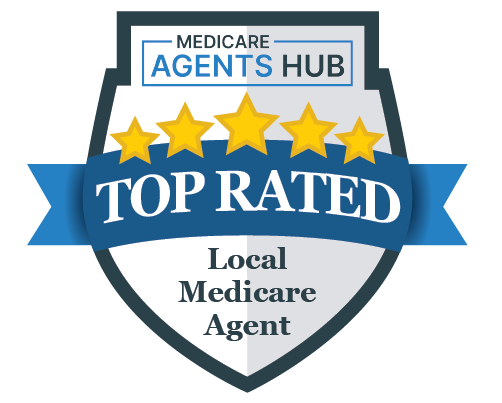What is ESRD?
End-Stage Renal Disease (ESRD) is the most severe form of chronic kidney disease where a patient's kidneys have lost more than 90% of their ability to function normally. At this stage, the kidneys are unable to adequately filter waste and excess fluids from the blood, leading to severe and potentially life-threatening complications. ESRD requires renal replacement therapies such as dialysis or a kidney transplant to sustain life. The main causes of ESRD include diabetes, hypertension, and glomerulonephritis. Early detection and management of these conditions can help slow the progression to ESRD.
Available Treatments for ESRD
The primary treatments for ESRD are dialysis and kidney transplantation. Dialysis is a process that removes waste products and excess fluid from the blood when the kidneys stop working properly. There are two main types of dialysis: hemodialysis, which involves an external machine to cleanse the blood, and peritoneal dialysis, which utilizes the lining of the abdomen to filter blood inside the body. Kidney transplantation is another treatment avenue, which involves replacing a failed kidney with a healthy one from a donor. This option offers a more permanent solution and can significantly improve the patient’s quality of life.
Insurance Coverage and Financial Assistance
Managing ESRD can be financially demanding. Fortunately, several health insurance options can cover the costs associated with treatment. Medicare typically covers ESRD patients, regardless of age, if they meet certain criteria related to their work history or are the spouse or dependent of someone who does. Medicaid, private insurance providers, or supplemental insurance plans can also offer additional coverage. Patients should consult with their healthcare advisors to fully understand the coverage and identify any gaps that may need addressing.
Companies and Support Services for ESRD
A variety of companies and organizations offer support for individuals living with ESRD. Dialysis centers, such as DaVita, and Fresenius Medical Care, and Innovative Renal Care (Formerly American Renal Associates) provide essential dialysis services and access to a team of healthcare professionals. Additionally, non-profit organizations like the National Kidney Foundation and the American Association of Kidney Patients provide resources, education, and advocacy for ESRD patients and their families. These organizations often offer support groups, educational materials, and assistance programs to help patients manage their condition.
Navigating life with ESRD can be overwhelming without the right information and support. Understanding the disease, exploring treatment options, and knowing which companies provide support are critical steps toward managing the condition effectively. Seeking guidance from healthcare professionals will further ease the path to living well with ESRD.
If you find yourself or a loved one experiencing ESRD please set up an appointment to see if we can help you.


